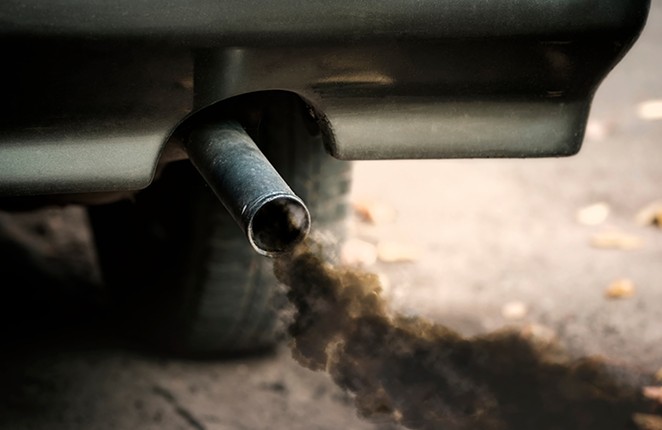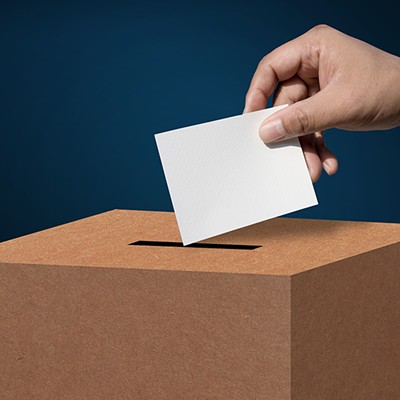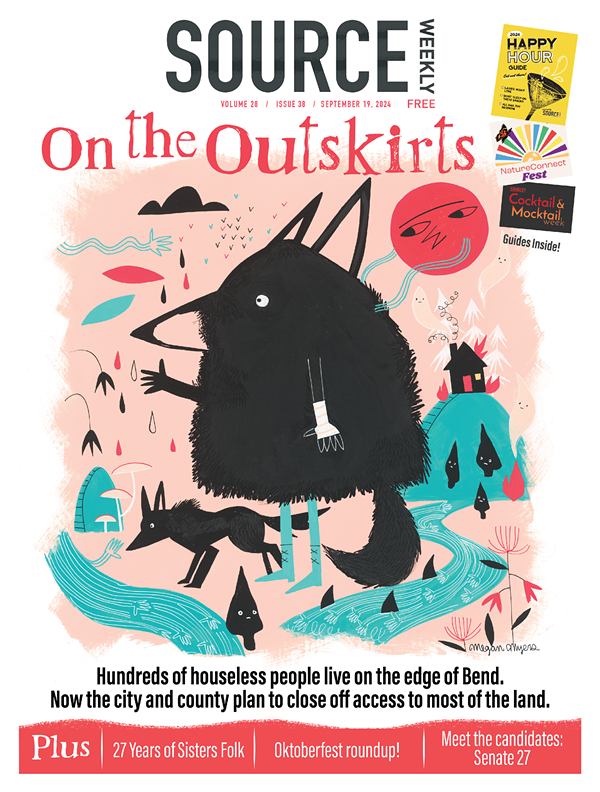As we write this, Central Oregon is once again experiencing what is shaping up to be a yearly event: smoke season. A new fire erupted over the weekend near Sisters, blanketing our already smoky region with more unhealthy air.
Perhaps it's a leap in thinking to relate this to a survey released late last week, which outlined the trends in bike ridership in Oregon, but bear with us. The survey outlines how, overall, Oregonians are not opting for bicycle transportation any more than they have in recent years. This recent survey reveals, yet again, how we're not doing enough to change our habits and get serious about the challenges we are now faced with in the form of our changing environment.
The survey, conducted by the Oregon Values and Beliefs Center from March 24 to April 3 of this year, revealed that overall, Oregonians who already ride their bikes regularly for commuting or leisure are not riding more now than they did before — in fact, some of them are riding less.
"...slightly more bicyclists say they are riding less often (38%) than say they ride more often now (29%). The remaining 33% say they ride about as often as in the past," reads a summary of the survey. "People who are more likely to report a decline in their bicycle usage include women, people aged 45 and older, individuals living in rural areas, and those who do not have school-aged children living with them. On the other hand, individuals who are more likely to report an increase in their bicycle usage are those aged 30-44, urban residents, and people with school-aged children living in their household," the survey summary stated.
People who reported they're riding less say it's because of safety, weather and convenience.
A survey participant in Central Oregon age 30-44 said they have too many demands on their time, making driving easier and faster. Another survey participant in Central Oregon said there are too many tourists, making them feel unsafe riding.
We can do something about the first and the last points of safety and convenience – and even, as it pertains to climate change and fires, the weather factor, too.
The world is burning and we're still over here, doing things the way we've always done them — driving 1 mile to work or the grocery store, allowing corporations to gut our natural resources for profit (and stock value increases, which pad our retirement funds), cutting down trees when we should be planting more, and on and on.
While it's true that our society has spent the better part of the last 100+ years praying at the altar of the automobile and designing our cities to accommodate them, and that it's going to take some time to alter that trajectory to make cities safer for pedestrians, cyclists and others who don't drive, not all of this can be attributed to the big, bad government and the structure of our cities. A critical mass of those who opt not to drive is needed.
Here in Bend, city leaders are investing heavily, by way of the recent Transportation GO bond, in reworking city streets to make them safer for people who walk, bike and roll. Some of these projects have already been completed, and when they're all in place, we'll ideally have a city that's more hospitable for ridership — provided that people decide to do so. We hope safer streets will ultimately encourage ridership in a major way.
However, individuals need to make choices and understand that collectively, each of us has an opportunity and obligation to change our habits and to work toward the common goal of reducing emissions and greening the planet. Not all of this is on governments or global leadership. We all have a part to play.
And before you turn to the tired argument that China is in no position to change its habits and get on board with addressing climate change, so there's no point in us doing it either, ask yourself how many products you bought from there today.






![Vote Kent Vander Kamp for Deschutes County Sheriff ▶ [With Video]](https://media1.bendsource.com/bend/imager/vote-kent-vander-kamp-for-deschutes-county-sheriff/u/r-bigsquare/21872356/opinion1-1-293218ccefcc3701.jpg?cb=1726696025)
















